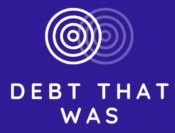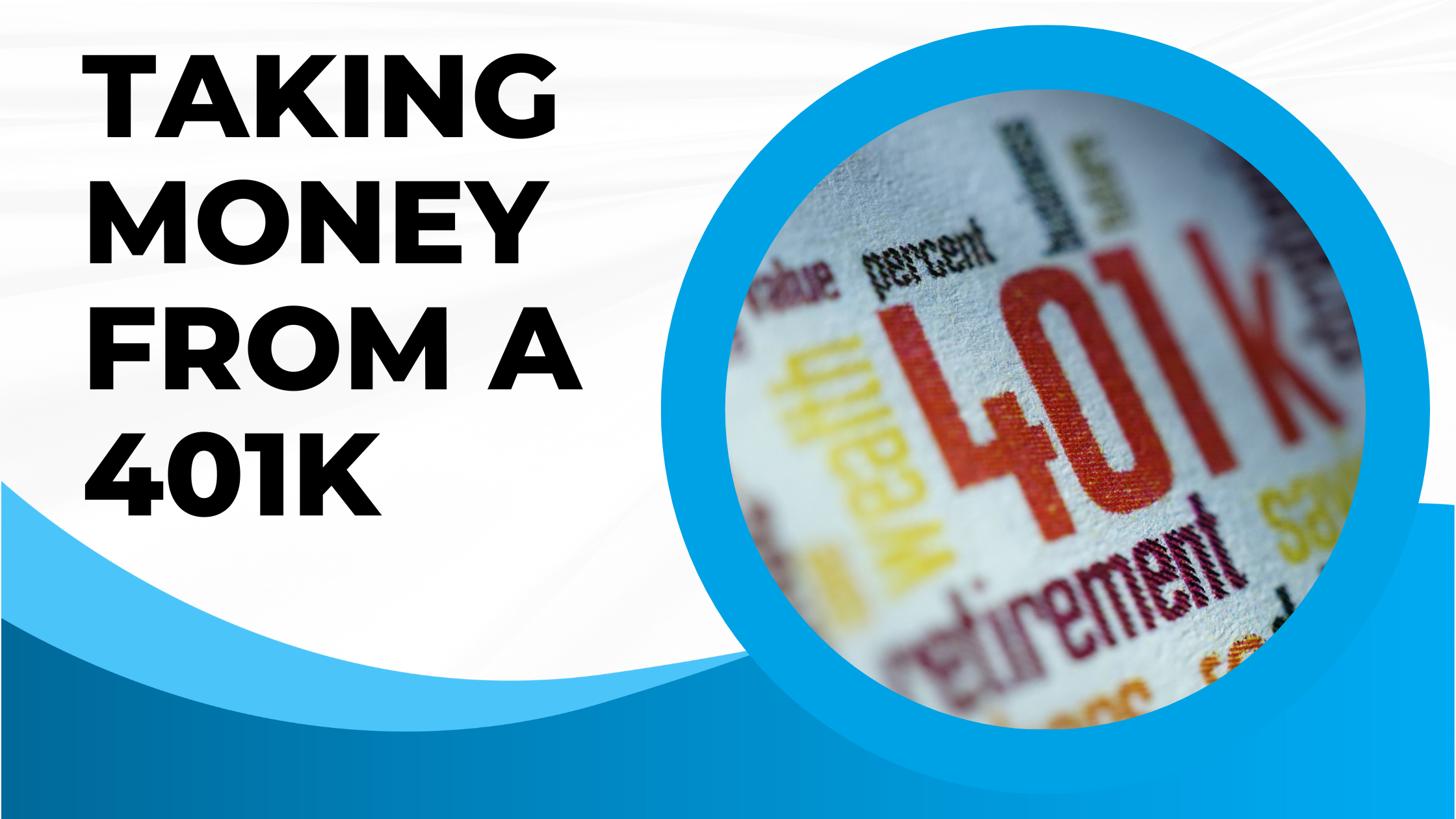Table of Contents
ToggleHow does withdrawing a 401k Plan work?
If you have a 401K plan, you may be able to take money out of the account. Many people with debt want to know the advantages and disadvantages of taking money out of 401k to pay the debt. It can make sense in some cases. However, it is also endangering your retirement, so you need to think carefully if it makes sense for you in your particular situation.
First, you need to know whether you are eligible to withdraw funds from the account. In most cases, you can only withdraw elective-deferral contributions. These are the deposits that you have made and not what your employer has contributed. If your employer also contributes to your retirement plan, you won’t be able to withdraw this money.
An exception to this rule is if you’re withdrawing the money for early retirement.
Additionally, depending on your plan, you may not be able to withdraw money at all. Some plans only allow for withdrawals in the case of hardship situations such as tuition, medical expenses, preventing eviction from your home, or necessary home repairs. Sometimes, debt may be considered an eligible hardship, so always review your plan carefully.
Advantages of Withdrawing from your 401k
Depending on your debt type, it might be beneficial in the long run to cash out a portion of a 401K. For example, if you have a loan that has a high-interest rate, such as 18-20%, it might be worth the penalties. However, you should always calculate the interest costs in addition to the tax penalties to decide which option makes more financial sense.
If you have a financial advisor with the plan, they can help you crunch the numbers and make the best choice.
If you have a relatively large starting balance, withdrawing from your plan may not make a huge difference in the long run. This might be a smarter option if you have a fair amount of credit card debt at a high-interest rate but won’t have to withdraw a huge amount from your 401K.
Many people who have paid into their 401K plans have a good balance that will carry them into retirement, so withdrawing a smaller amount won’t set them back much or at all. If this is the case, a withdrawal may be the smarter choice.
An advantage of taking out money when you’re young to pay off debt is that it can set you up for better financial health. If you’re going to be growing in your career and income, you’ll be able to put more money into the 401K, lessening the impact of withdrawing money at present.
While you should always be cautious with taking money from retirement, debt can be an anchor that impacts your current life. Student debt and credit card debt, for example, can lead to bad credit and keep you from being able to afford a house or other important investments. If taking money from retirement makes you financially healthier in the future, it may be the better choice.
Disadvantages of Withdrawing from your 401k
One of the primary disadvantages of withdrawing early is that you’ll have to pay income tax in addition to a 10% penalty. For example, if you take out 45K to pay off debt, you’ll have to pay 4.5K just as the early withdrawal penalty. If your 401K contribution was made tax-free, you would have to pay federal income tax on this withdrawal. This can mean you’re getting only a portion of the money you’re withdrawing. Having to pay the penalties and taxes might not make the withdrawal worth your while.
One disadvantage that’s harder to calculate is that it may be tempting to withdraw again. If you’re tapped into your funds for an emergency, then it’s more likely that you will do it again. Not everyone has this problem, but constantly dipping into your 401K will cause you problems in the long run. People who do this may find their retirement nest egg severely depleted. If you’re worried about starting a bad habit, it may make sense to avoid doing this if possible.
Depending on your plan, you might end up causing problems for yourself down the road financially. Whatever money you take from the 401k obviously won’t be available at retirement. Since the earnings in the 401K are growing tax-deferred, the amount that you take out now could be significantly more at retirement, especially if you take out money when you’re fairly young. The plan might also prevent you from making any contributions for six months after your withdrawal, so you’ll also lose the benefit of those contributions.
Taking money from the 401K may put you into a higher tax bracket. Any money that you withdraw will be considered part of your income. If you withdraw 40K, you might be taxed as a higher-income person, which can significantly impact your earnings. Depending on your current income level, it might be a worse choice for you to withdraw this money. If you can get by with taking out a smaller amount, though, you may still be in the same tax bracket, so always calculate where you are before making a decision.
Making a Smart Choice with your 401k
Although withdrawing from a 401K isn’t always a bad choice, it’s not a decision that should be made without careful consideration. If you’re unsure of the best financial choice, consider meeting with a financial advisor and going through the calculations to determine your best option.
In some cases, there may be other options, such as taking a loan that is secured by the 401K. The primary takeaway is that if your withdrawal now jeopardizes your long-term financial health, you should probably seek other options to handle your current debt.
Consider your options carefully to ensure that you understand the implications before making a decision.

